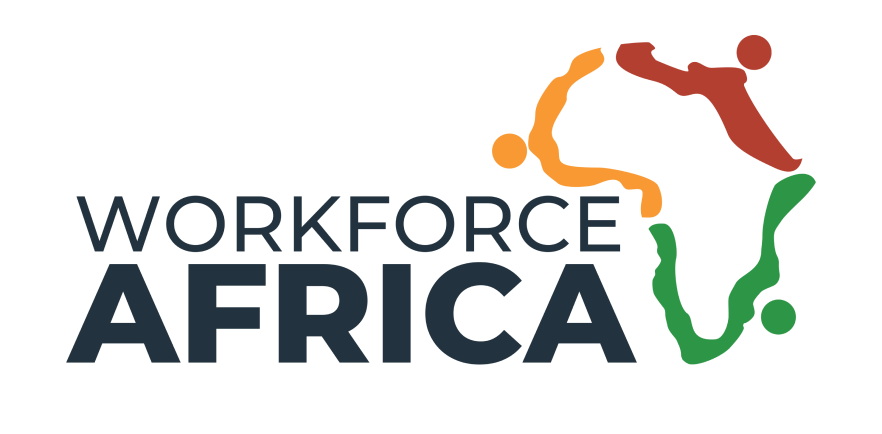Tax is imposed on persons either in employment or is running their small businesses under a business name or partnership. PAYE and Direct Assessment are ways of assessing individuals to tax in Nigeria.
The Personal Income Tax Act (Cap P8 LFN 2004) is the legislation guiding the taxation of personal income in Nigeria. Under the law, Federal and state tax boards are empowered to identify persons living in or earning income from Nigeria who is required to pay tax, assess such persons’ incomes, and tax the incomes using specified guidelines and rules.
What Is PAYE?
Pay As You Earn a form of tax an employer deducts from the employees’ salaries and wages. Nigeria adopts a Pay As You Earn (PAYE) system to calculate employees’ income tax, called PAYE tax. This tax rate moves from 7 to 24 per cent of taxable income. The taxable income band ranges from NGN300,000 to above NGN3.2 million in a year.
Pay As You Earn is levied on individuals working in corporate organizations. Employers are required by statute to deduct a certain amount from their employees’ salaries, the computation of which is provided by the tax agency. The deduction is to be remitted to the relevant tax authority through designated banks on/before day 10 of the subsequent month, e.g., Employers must remit the January PAYE on or before February 10th.
Where an individual is without taxable income or the Pay As You Earn tax is less than the minimum, a minimum of 1 per cent of gross income will apply. However, a low-income earner is exempted from minimum tax in Nigeria. A low-income earner is explained by the Finance Act 2020 as an individual who earns the National Minimum Wage or less. Currently, the threshold in Nigeria stands at NGN30,000 per month or NGN360,000 per annum.
At year-end, employers must file updated returns on all salaries and wages paid to employees within the preceding tax year. For instance, employers must file 2021 returns before January 31st, 2022. Recently, filing is now electronically uploaded on the Revenue’s e-portal.
Not filing taxes is a criminal offence. Any employer who fails to make a proper tax deduction or correctly account for deductions must pay the total sum of taxes due upon conviction.
In addition, the employer will pay 10% annual interest for every year the taxes were not filed or improperly filed. Furthermore, employers are also liable to penalties and interest for failure to remit and late remittance. Therefore, it is of utmost importance for employers to accurately deduct PAYE from employees’ wages and salaries and make timely remittances of such deductions before the stipulated deadline, to avoid unnecessary financial loss to the organization.
Changes in the PIT law will affect the computation and remittance of PAYE. Therefore, employers and management personnel are advised to get current updates regarding the PIT law and assess the new law’s impact on their employees.
What Is Direct Assessment?

Direct Assessment tax in Nigeria is a system through which self-employed persons are assessed and charged to pay tax based on their income. The self-employed include Professionals (Lawyers, Architects. Accountants, Surveyors, Consultants, etc.) Contractors, Politicians, Mechanics, Traders, Welders, Vulcanizers, Farmers, Carpenters, Tailors, Butchers, Hair Dressers, Bricklayers, Dyers, Traders, Artisans, Musicians, Comedians, Athletes and all residents in a particular State who have any source of income, and others.
Self-employed persons can be assessed in three ways:
Self-Assessment
The taxable person assesses themself voluntarily, comes up with the tax payable, files the tax returns, and makes the payment to the State Internal Revenue Agency of their residence.
The following are the steps for self-assessment:
- The taxpayer will collect the self-assessment form from the closest area revenue office.
- The taxpayer will complete the form honestly, indicating the actual income for the relevant years of assessment, then use the self-assessment table to indicate the correct tax to be paid.
- The taxpayer will then pay the tax to any designated bank accounts and collect an e-receipt
After the assessment is done and payment is made, the Revenue will then review and ascertain the correctness of the assessment; the Revenue may accept the assessment done by the taxpayer if it is found to be accurate or may review the assessment upward or downward.
Government Assessment
This is a system where the State Internal Revenue assesses the taxpayer after the taxpayer has filed their annual tax returns for the relevant year of assessment. The Revenue checks and verifies the assessment and review where appropriate.
Best of Judgement Assessment
This is a process used by the State Internal Revenue Service to assess the taxpayer if they fail to file their returns within the stipulated time required by the law. The agency uses the information available to it to determine the tax payable by the taxpayer.
4 Major Differences Between PAYE and Direct Assessment Tax in Nigeria

1. PAYE is for individuals in paid employment, while Direct Assessment is for self-employed individuals. Pay As You Earn tax ensures that the yearly amounts paid by the taxable person in a paid employment are collected evenly on each payday for the tax year.
2. PAYE is expected to be deducted at source and remitted monthly, while the direct assessment tax in Nigeria is done annually.
3. Employers must remit Pay As You Earn tax before the 10th day of the subsequent month. In addition, the employer must file annual returns showing the total compensation, the tax relief, the total tax deducted for each employee, and a declaration under oath on the relevant forms. In contrast, the due date for the filing of self-assessment returns is March 31st of every year.
4. The responsibility for the deduction and remittance of the PAYE is solely on the employer of the taxable person. While for direct assessment tax in Nigeria, taxpayers must compute their tax liabilities, file, and make payments concurrently by themselves.
Is making the correct remittances constituting a compliance risk for your organisation? Speak with one of our local market experts for guidance. Schedule a consultation with us








